The film Oblivion by Joseph Kosinski had passed under my radar for the three years it’s been out. I finally saw it and really found it to be a relevant film, regarding artificial intelligence, use of drones, alien invasion, secret space programs and generally a well made post apocalyptic film. Also in the area of consciousness, the hard problem, the film deals with this in bringing up that our souls relates to the body, to cloning and genetics. I like the fact that it deals with how true love impacts our genes, our life and our other life, be that cloned, reincarnated or however. This is what great sci-fi films do, they propose a world, a ‘what if’ scenario and deal with it. If it’s good then it’s plausible in a near or distant future.
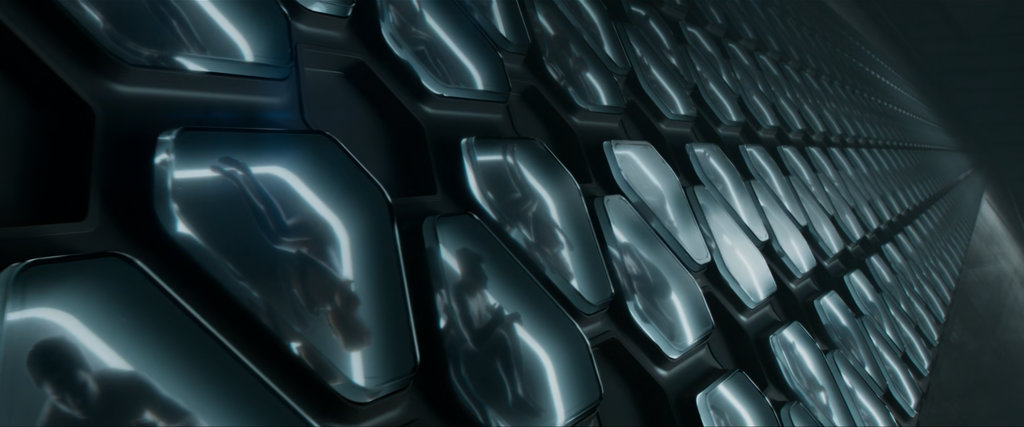
Oblivion is also about realizations, about who governs your reality, about discovering your path in life and about how love is at the center of it all. It might not seem like that looking at the film and how it gives homage to other classic sci-fi films. The visuals and the ambient in the film has lots of air, set in beautiful landscapes, that were shot in Iceland. That scenery and the fantastic music really makes Oblivion an audiovisual experience in itself. Even Susanne Sundfør voice can be heard on the title track. All of the tracks are great and last long after the film like the soundtrack from The Fountain.


Why are these sorts of films and topics always coming from mainstream film studios? Ever since The Matrix the production has been increasing, even though there were films like that before, like THX 1138. The theme always spins around some sort of direct or indirect dystopia and often about a person that needs to wake up to the big picture of the global conspiracy, or something like that. I believe there are some deeper meanings to this, coming from the collective consciousness of people outside the film industry, inside the film industry, financiers and stretching up to the technocrats. The people who are indifferent and sleeping throughout their life are always represented in these films as part of the matrix, as in Oblivion with the character Julia and even Jack up to a point. If we accept that these films are predicting something, or at least pointing in a direction, which I do believe they are – what can we learn or get from it? What could someone in the 19th century learn from the sci-fi ideas at the time?
The critic would say art is art and art can make up anything however it likes. But if you actually took the sci-fi visions from, say the 19th century and compared to the results of what was achieved in the 20th century. You see that there is a correlation. All fulfilled ideas and products start off as some imaginative process. In our day and age I believe we have technocratic elites that pretty much determine the path for us all, speaking of technology and what role humans will have within a future even more embedded in technology. Now, people sense some of these ideas, though our collective consciousness (or unconsciousness as some like to call it). Which in the end makes us all part of it, and that is being represented in all these films spinning around the same topic: to mention a few from the last few years, like Surrogates, Ex Machina, Automata, Interstellar and Transcendence.


Why aren’t films about the future made with a more grounding, down to earth themes like some European directors from the 1950’s to the 1970’s would have made? Cute picturesque stories about charming love, foolish but not sinister human relationships or scenes from the common daily life. People need to wake up to the fact that nobody spends so much money into a film that has no agenda. What agenda then? Well it’s not always obvious but film production is not a democracy as the films are made and the tickets sold, you either watch something or you go and do something else instead.
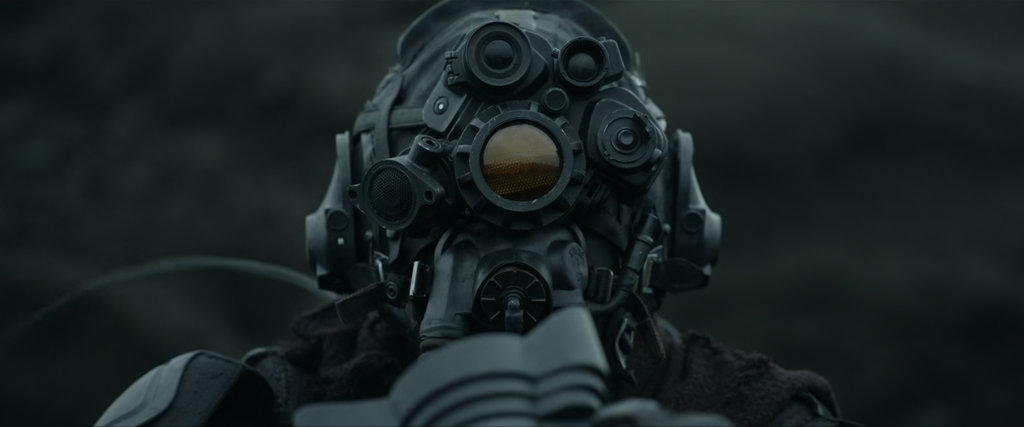
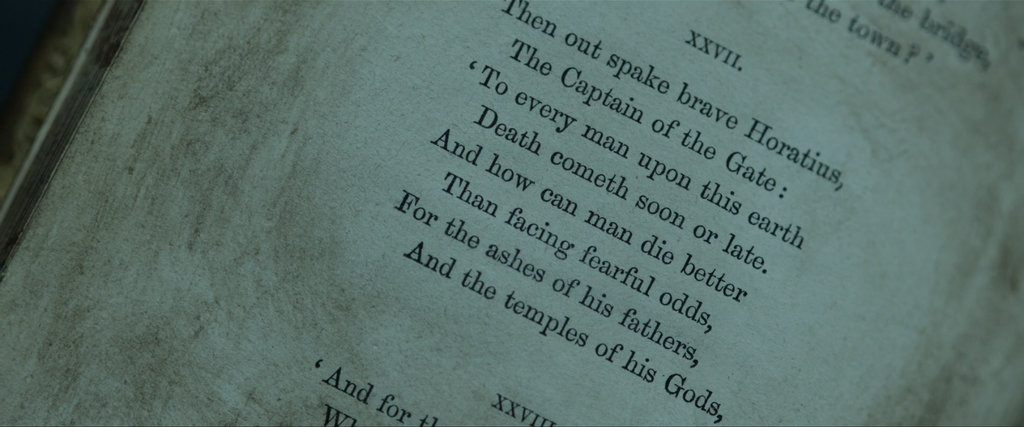


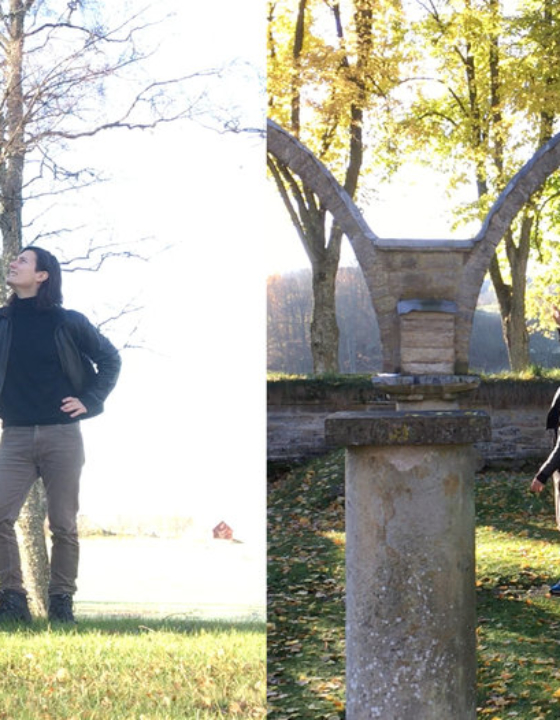


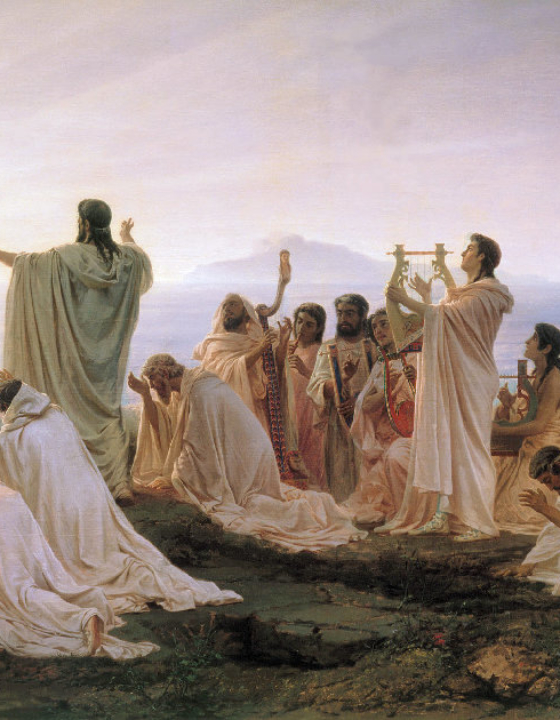

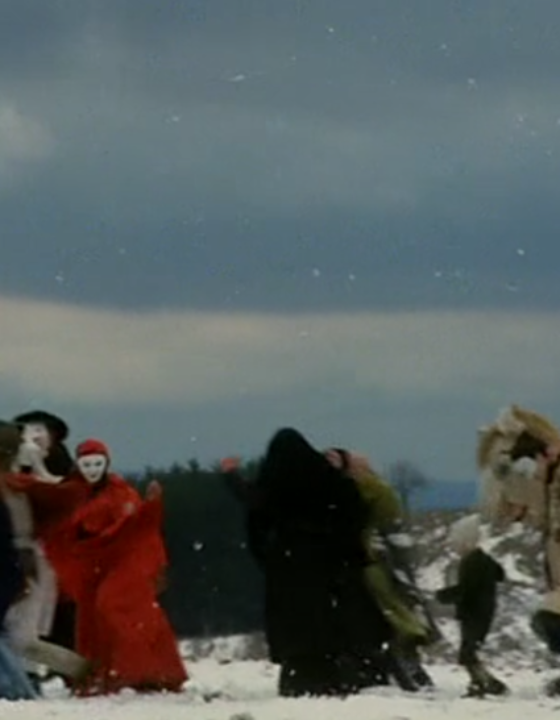
What do you think?